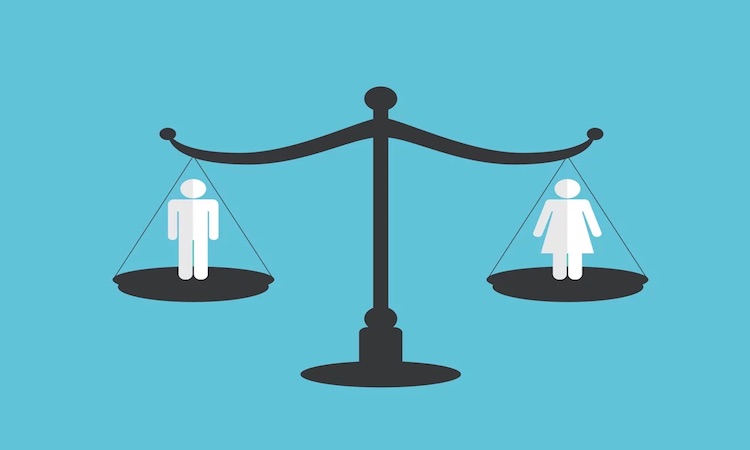'Systemic Discrimination A Stark Reality for Women in the Current World of Work'
1.jpg)
The UN Human Rights Council on Monday heldan interactive dialogue with the Working Group on discrimination against women and girls. It also concluded an interactive dialogue with the Special Rapporteur on the right of everyone to the enjoyment of the highest attainable standard of physical and mental health.
Elizabeth Broderick, Chairperson-Rapporteur of the Working Group on discrimination against women and girls, said the trends affecting the world of work and their impact on women required urgent attention from all. Without this, current gender inequalities and discrimination would not only be replicated but would be exacerbated.
In the ensuing discussion, speakers deplored that the rate of sexual and gender-based violence had increased during the lockdown for the COVID-19 pandemic and urged the engagement of boys and men in the struggle for an equal society. Thanking the Working Group for its thematic report, speakers said the fight for equality must be waged in workplace environments and recalled that jobs traditionally held by women remained undervalued. Speaking during the interactive debate were Latvia on behalf of a group of countries, European Union, Mexico on behalf of a group of countries, Burkina Faso on behalf of the African Group, UN Women, Liechtenstein, Malaysia, Belgium, Russian Federation, Ecuador, Thailand, Sierra Leone, Libya, China, Venezuela, Tunisia, Cuba, Saudi Arabia, France, Pakistan, Montenegro, Senegal, Armenia, India, Philippines (video message), Namibia, Italy, Iran, Bangladesh, Indonesia, South Africa, Botswana, Morocco, Costa Rica, Croatia, Bahrain, Iraq, Netherlands, Hungary, Mozambique, Sudan, Nepal, Nigeria and the United Kingdom.
.jpg)
In the ensuing discussion, speakers deplored that the rate of sexual and gender-based violence had increased during the lockdown for the COVID-19 pandemic and urged the engagement of boys and men in the struggle for an equal society. Thanking the Working Group for its thematic report, speakers said the fight for equality must be waged in workplace environments and recalled that jobs traditionally held by women remained undervalued. Speaking during the interactive debate were Latvia on behalf of a group of countries, European Union, Mexico on behalf of a group of countries, Burkina Faso on behalf of the African Group, UN Women, Liechtenstein, Malaysia, Belgium, Russian Federation, Ecuador, Thailand, Sierra Leone, Libya, China, Venezuela, Tunisia, Cuba, Saudi Arabia, France, Pakistan, Montenegro, Senegal, Armenia, India, Philippines (video message), Namibia, Italy, Iran, Bangladesh, Indonesia, South Africa, Botswana, Morocco, Costa Rica, Croatia, Bahrain, Iraq, Netherlands, Hungary, Mozambique, Sudan, Nepal, Nigeria and the United Kingdom.
.jpg)

Latest Videos
















